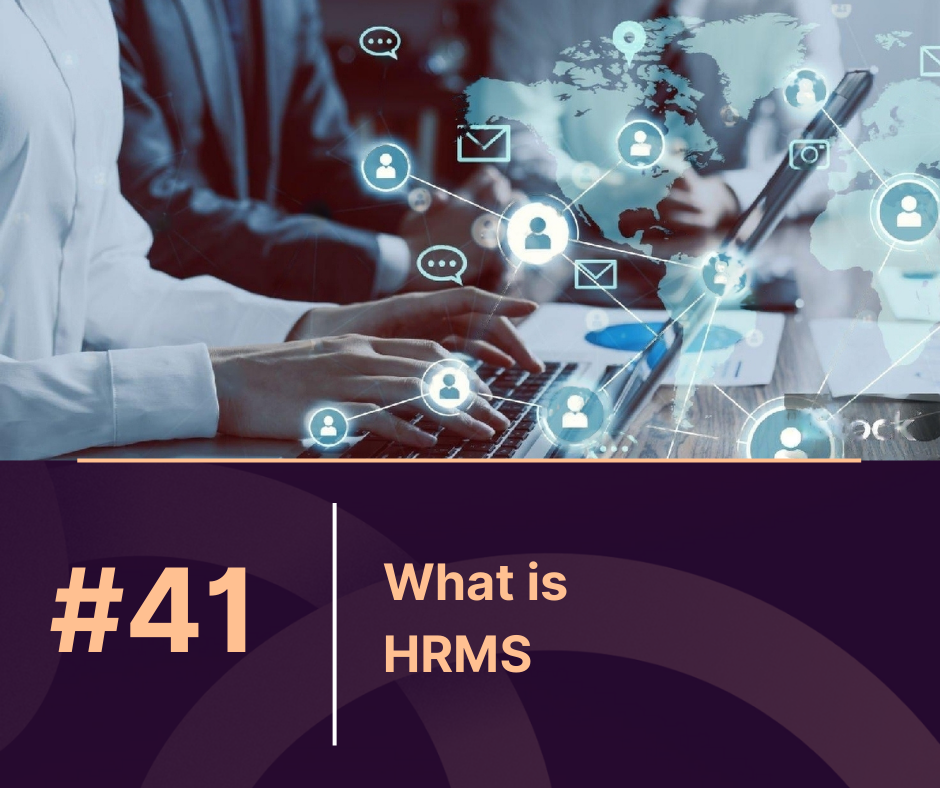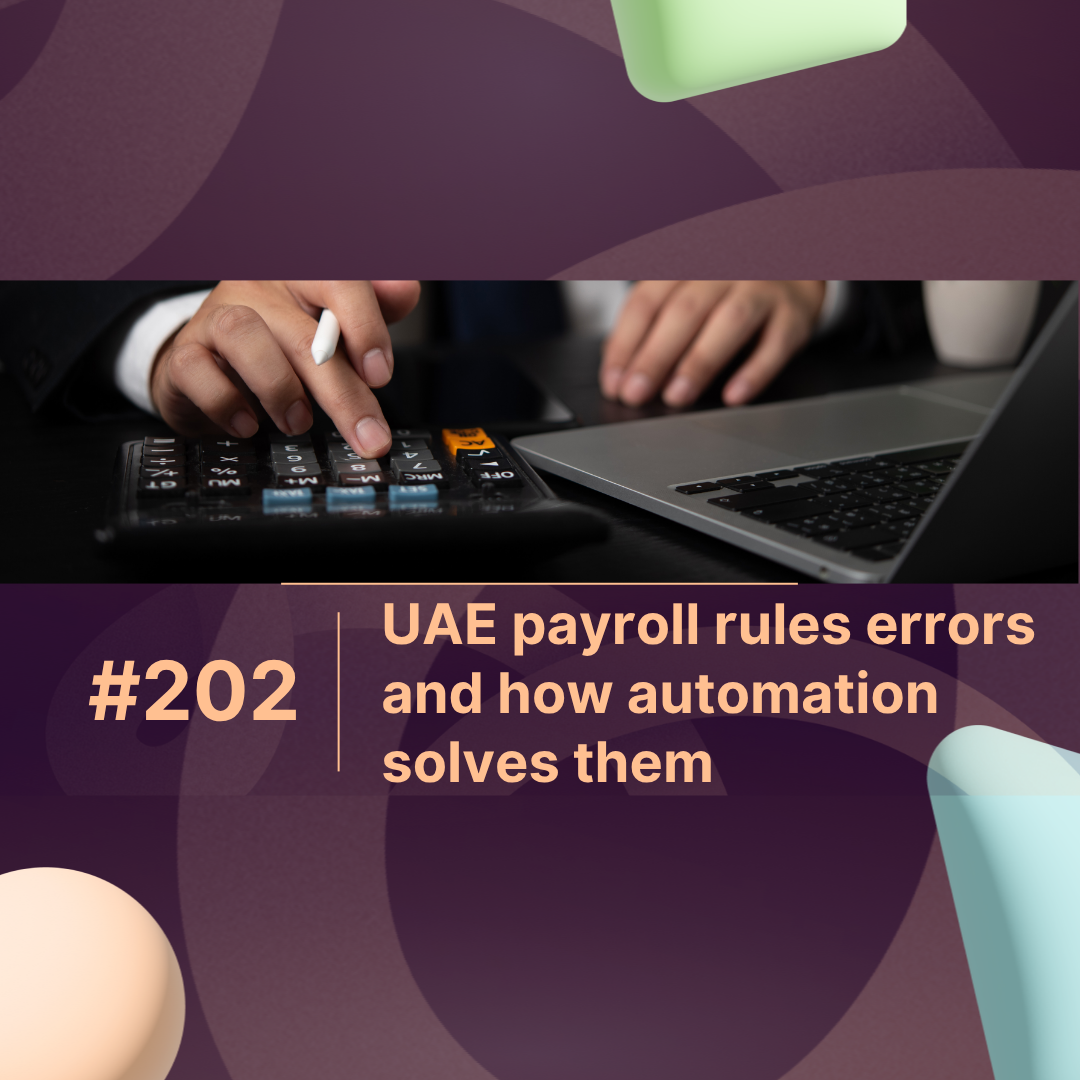In today’s fast-paced business environment, organizations need efficient tools and strategies to manage their workforce. As companies grow and expand, handling core HR tasks such as recruitment, payroll, performance management, and compliance becomes increasingly complex. This is where Human Resource Management Systems (HRMS) come into play. But what exactly is an Human resourcesManagement System, and why has it become essential for modern businesses?
Understanding Human Resource Management Systems (HRMS)
An Human resourcesManagement System is a software solution designed to automate and streamline various HR functions within an organization. It integrates multiple processes such as employee data management, payroll processing, recruitment, onboarding, and performance management into a single platform. This system enhances HR departments’ efficiency by reducing manual tasks and improving data accuracy, making it easier to manage a company’s workforce.
With an HRMS in place, HRM professionals can focus more on strategic initiatives like talent development, employee engagement, and company culture rather than spending valuable time on administrative tasks. Whether it’s a small business or a large enterprise, an Human resourcesManagement System helps keep HR operations running smoothly, all while providing real-time insights that assist in making informed decisions.
Key Features of an HRMS
- Employee Data Management
One of the most fundamental functions of an Human resourcesManagement System is employee data management. The system stores essential employee information such as contact details, job roles, salary, work history, and benefits. With all this information centralized, HR professionals can access it easily, ensuring that employee records are always up to date. - Payroll and Benefits Administration
Payroll management is a crucial function of an Human resourcesManagement System. It automates salary calculations, tax deductions, and other financial benefits, ensuring accurate and timely payments. Additionally, an HRMS integrates benefits administration, making it easier to manage employee health insurance, retirement plans, and other perks. - Recruitment and Onboarding
Modern Human resourcesManagement System platforms offer recruitment modules that automate the hiring process. From posting job vacancies to screening applications and scheduling interviews, the system makes recruitment more efficient. Once a candidate is hired, the Human resourcesManagement System can facilitate onboarding by providing new employees with a portal to access necessary documents, fill out forms, and complete training. - Performance Management
Performance appraisals can be a time-consuming process if done manually. An Human resourcesManagement System simplifies this by providing tools to track employee performance, set goals, and schedule evaluations. It can also offer feedback mechanisms where managers and employees can communicate about development and career progression. - Time and Attendance Management
HRMS platforms also handle time and attendance, allowing employees to clock in and out digitally, request time off, and manage vacation days. This feature ensures accuracy in tracking work hours and reduces the chances of errors in payroll processing. - Compliance and Legal Updates
HR departments are required to comply with various labor laws and regulations. An Human resourcesManagement System assists by automatically updating any changes in compliance requirements, such as tax laws or employment regulations, ensuring that the organization remains legally compliant at all times. - Self-Service Portals
A key benefit of modern Human resources Management System platforms is the self-service portal. Employees can log in to check their pay stubs, update personal information, request time off, and access other relevant documents. This reduces the administrative burden on HR teams and empowers employees to manage certain aspects of their work life.
Why Do Businesses Need an Human resources Management System?
- Increased Efficiency
Automating routine HR tasks like payroll, recruitment, and attendance tracking allows teams to focus on more strategic functions such as employee engagement and development. The use of an HRMS reduces time spent on administrative tasks, which increases overall productivity and efficiency. - Improved Accuracy
Manual data entry is prone to errors, which can be costly when it comes to payroll and compliance. An HRMS ensures that calculations are accurate and data is up to date. This reduces the risk of mistakes and enhances the accuracy of operations. - Enhanced Employee Experience
Employees today expect a seamless experience when interacting with functions. With self-service portals and easy access to personal information, employees can manage their own data, leading to higher satisfaction. A good Human resourcesManagement System also makes the recruitment and onboarding process smoother, which improves the first impressions of new hires. - Cost Savings
While investing in an Human resourcesManagement System requires upfront costs, the long-term savings make it a wise investment. The automation of functions reduces the need for manual intervention, cuts down on paperwork, and minimizes the risk of costly errors, ultimately leading to financial savings. - Scalability
As organizations grow, managing a larger workforce can become overwhelming for HR teams. An Human resourcesManagement System is scalable, meaning it can handle growing volumes of employee data and expand its functionalities as the company evolves. - Data-Driven Decision Making
Human resourcesManagement System platforms provide valuable insights into workforce analytics. Organizations can track metrics such as employee turnover, productivity, and performance, which helps in making informed decisions related to hiring, retention, and overall workforce management.
Choosing the Right HRMS for Your Business
Selecting the right HRMS depends on your organization’s specific needs. Some key factors to consider include:
- Functionality: Does the Human resourcesManagement System provide the features you need, such as payroll management, performance tracking, and recruitment tools?
- Ease of Use: A user-friendly interface ensures that both professionals and employees can navigate the system easily.
- Integration: Ensure that the Human resourcesManagement System integrates seamlessly with other systems, such as finance or CRM software, to provide a smooth workflow.
- Customization: The ability to customize workflows, reports, and forms based on your company’s requirements is important for effective use.
- Support and Training: Make sure that the vendor provides adequate training and customer support to help you get the most out of your HRMS.
Conclusion
An HRMS is more than just software; it’s a powerful tool that can transform the way organizations manage their workforce. By automating core functions, it saves time, improves accuracy, and enhances both employee satisfaction and overall business performance. Whether you’re a small business or a large enterprise, investing in an HRMS will help you streamline processes and create a more productive and engaged workforce.
FAQs
- What is an HRMS?
An Human Resource Management System is software that automates and streamlines tasks such as payroll processing, employee data management, recruitment, and performance tracking. - What are the key features of an Human resourcesManagement System?
Some key features include employee data management, payroll and benefits administration, recruitment, onboarding, performance management, time and attendance tracking, compliance updates, and self-service portals. - Why is HRMS important for businesses?
An Human resourcesManagement System is important because it increases efficiency, improves accuracy, enhances the employee experience, saves costs, and provides data-driven insights for better decision-making. - How does an HRMS improve employee experience?
HRMS platforms often include self-service portals, allowing employees to manage their own data, access pay stubs, and request time off, making the experience more seamless and empowering. - What should businesses consider when choosing an HRMS?
Businesses should look at functionality, ease of use, integration capabilities, customization options, and the availability of customer support and training when selecting an Human resourcesManagement System.



